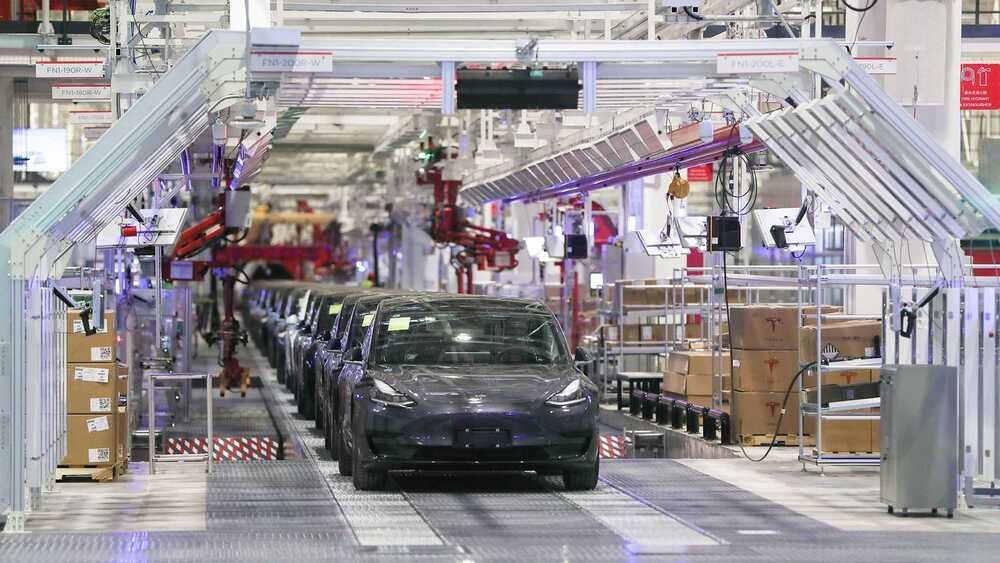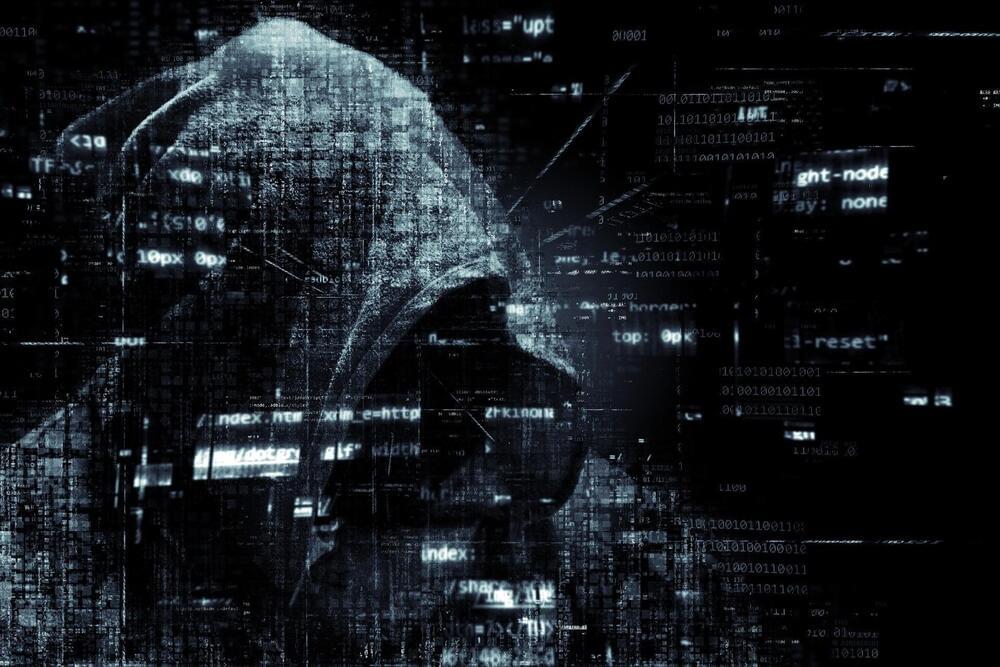Is Director, Open Innovation Programs, (Challenge. Gov — https://www.challenge.gov & CitizenScience. Gov — https://www.citizenscience.gov), at the U.S. General Services Administration (GSA — https://www.gsa.gov).
The GSA is an independent agency of the United States government established in 1949 to help manage and support the basic functioning of various federal agencies, supplying products and communications for U.S. government offices, providing transportation and office space to federal employees, and developing government-wide cost-minimizing policies and other management tasks.
The GSA employs about 12,000 federal workers. It has an annual operating budget of roughly $33 billion and oversees $66 billion of procurement annually. It contributes to the management of about $500 billion in U.S. federal property, divided chiefly among 8,700 owned and leased buildings and a 215,000 vehicle motor pool. Among the real estate assets it manages are the Ronald Reagan Building and International Trade Center in Washington, D.C., which is the largest U.S. federal building after the Pentagon.
Dr. Meador leads the crowdsourcing, citizen science and prize competition open innovation portfolio at GSA that includes Challenge. Gov and CitizenScience.gov. Previously, she led the innovation sourcing program at the Department of Veterans Affairs Center for Innovation and this portfolio included prize competitions, broad agency announcements, and pay for success/social impact financing. The AAAS Science and Policy Technology Fellowship brought her to the federal government at the U.S. Agency for International Development ten years ago where she led a large-scale desalination technology development prize competition.
Dr. Meador earned a Master’s degree in Biology from Texas State University, a Ph.D. in Cancer Biology at the University of Texas Graduate School of Biomedical Sciences, and is an Air Force Veteran.
Dr. Meador Upcoming Events.





